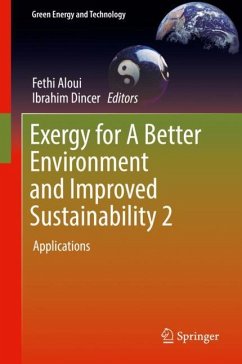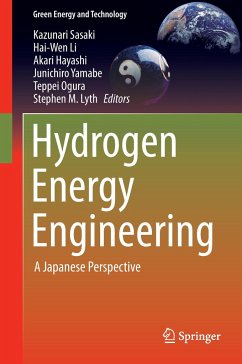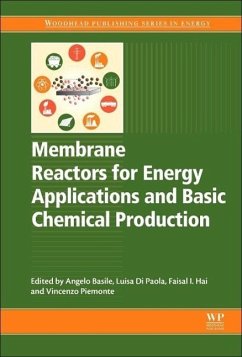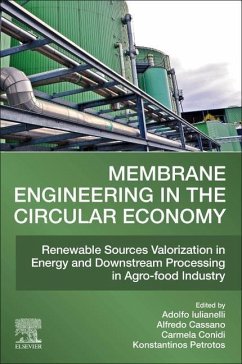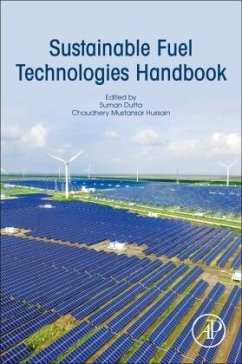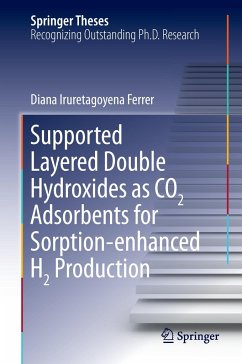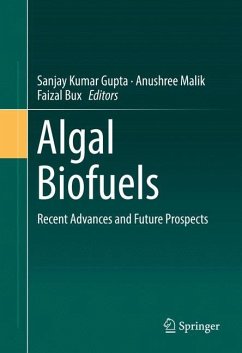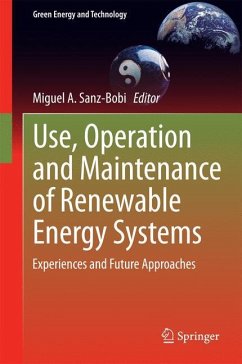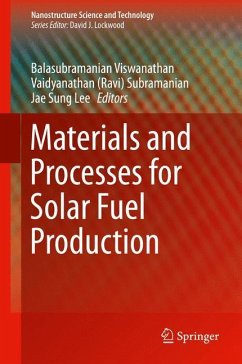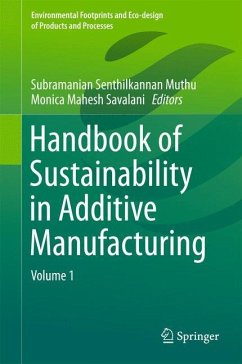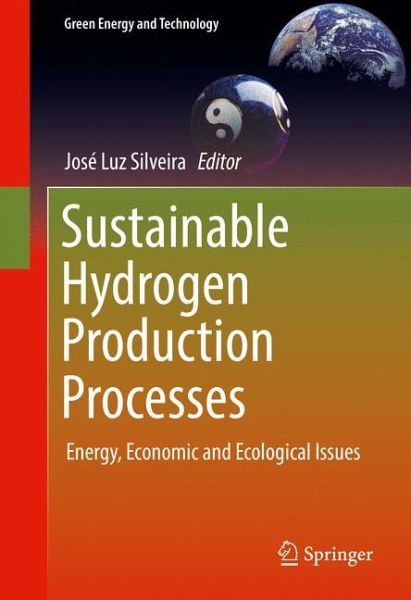
Sustainable Hydrogen Production Processes
Energy, Economic and Ecological Issues
Herausgegeben: Luz Silveira, José

PAYBACK Punkte
53 °P sammeln!
This work presents a comprehensive investigation of the most significant renewable hydrogen production processes. Technical, economic and ecological studies are described for the processes of steam reforming of ethanol, natural gas and biogas; water electrolysis with energy from renewable sources (wind power, photovoltaic and hydroelectric), and hydrogen production using algae. Aimed at mechanical and chemical engineering graduate students and researchers involved in environmental sciences, sustainable energy and bioenergy research, this book introduces readers to the latest developments in th...
This work presents a comprehensive investigation of the most significant renewable hydrogen production processes. Technical, economic and ecological studies are described for the processes of steam reforming of ethanol, natural gas and biogas; water electrolysis with energy from renewable sources (wind power, photovoltaic and hydroelectric), and hydrogen production using algae. Aimed at mechanical and chemical engineering graduate students and researchers involved in environmental sciences, sustainable energy and bioenergy research, this book introduces readers to the latest developments in the field and provides essential reference material for future research. The book first presents a comprehensive literature review of the processes studied. Subsequently, it provides a technical report on assessing the energetic efficiency for each hydrogen production process, as well as an economic study of the respective hydrogen production costs. Lastly, the ecological efficiency of each processis addressed. Over the past few decades, the UNESP's Group of Optimization of Energetic Systems, headed by Professor José Luz Silveira, has been pursuing research in the field of renewable energy generation. A major part of the group's research focuses on the production of hydrogen as a fuel and its important contribution to mitigating the environmental impacts caused by pollutant emissions.





